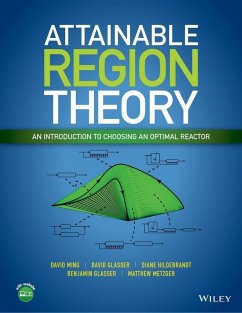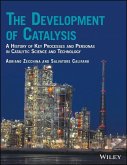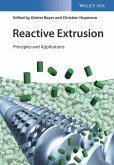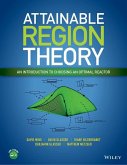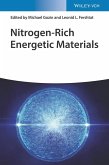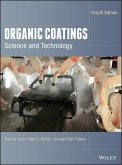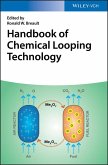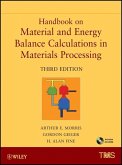Recipient of the 2019 Most Promising New Textbook Award from the Textbook & Academic Authors Association (TAA). "The authors of Attainable Region Theory: An Introduction to an Choosing Optimal Reactor make what is a complex subject and decades of research accessible to the target audience in a compelling narrative with numerous examples of real-world applications." TAA Award Judges, February 2019 Learn how to effectively interpret, select and optimize reactors for complex reactive systems, using Attainable Region theory * Teaches how to effectively interpret, select and optimize reactors for complex reactive systems, using Attainable Region (AR) theory * Written by co-founders and experienced practitioners of the theory * Covers both the fundamentals of AR theory for readers new to the field, as we all as advanced AR topics for more advanced practitioners for understanding and improving realistic reactor systems * Includes over 200 illustrations and 70 worked examples explaining how AR theory can be applied to complex reactor networks, making it ideal for instructors and self-study * Interactive software tools and examples written for the book help to demonstrate the concepts and encourage exploration of the ideas
Dieser Download kann aus rechtlichen Gründen nur mit Rechnungsadresse in A, B, BG, CY, CZ, D, DK, EW, E, FIN, F, GR, HR, H, IRL, I, LT, L, LR, M, NL, PL, P, R, S, SLO, SK ausgeliefert werden.

